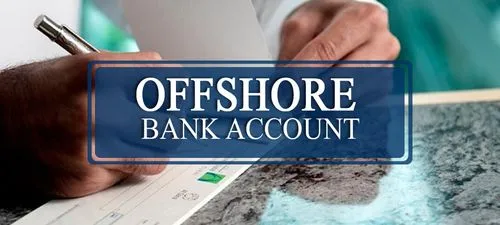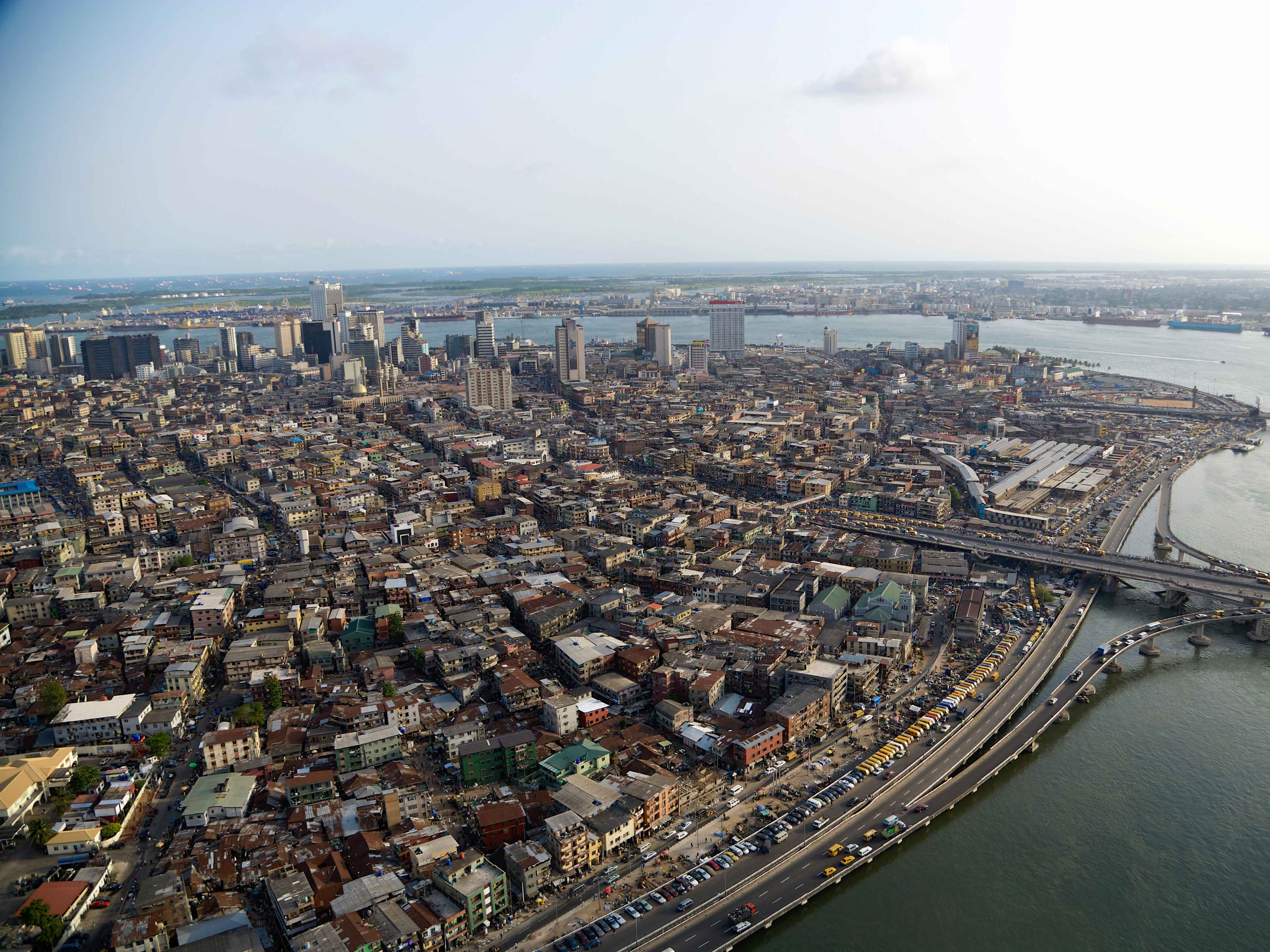What Happens to Your Bank Account After Death?
After you die, several things can happen to your bank account, depending on your account type, how you’ve set up your account before your passing, and whether you’ve set up a will or trust.
Learn the common ways you can set up your account to make things as simple as possible after your passing and what will happen if you don’t set up anything beforehand.
Key Takeaways
Name Bank Account Beneficiaries
The easiest way to pass your bank account on to your heirs after your passing is to make sure you name payable-on-death (POD) or transfer-on-death (TOD) beneficiaries on your accounts. This ensures that they will not have to go through probate, which can take months. If you want money to go to your survivors in the simplest, quickest, and least stressful way possible, then you want to avoid probate as much as possible.
Once you have named a payable-on-death beneficiary, they will not have direct access to your money until you pass. You retain the ability to change the named payable-on-death beneficiary at any time. This option is frequently referred to as a “poor man’s trust” since it essentially acts as a trust that easily transfers money to the person you designate.
Additionally, you don’t have to set up a costly trust through a lawyer and potentially pay fees anytime you want to make changes.1
If you have listed someone as a POD beneficiary on your account, then after your passing, all they will need to do to access the funds in the accounts is show a valid government ID and a copy of your death certificate.2
It is common practice for a bank to freeze an account upon notification of the account holder's death to prevent fraud. Therefore, it's important to have a payable on death (POD) beneficiary designated to ensure your money can be accessed by your loved ones if you pass away.
Have a Will
If you have a will in place, your heirs may not necessarily avoid probate, but at the very least, you will have a guideline for who gets your assets. The probate process can be lengthy, and your heirs may be required to hire costly probate attorneys depending on where they live. In addition, your will becomes public knowledge after your passing, and assets passed on through wills may still be subject to estate taxes.34
Set up a Trust
A well-set-up trust will avoid probate and can reduce tax liability for your heirs. Unfortunately, not all trusts are equal and are not always set up perfectly. In addition, trusts can be expensive to set up and maintain and may not be worth the cost if you have a simple estate with few assets and potential heirs. Even so, you need to set up a POD for your bank accounts or retitle the accounts to the trust.
Add Bank Account Holders
Adding account holders to your bank accounts can make things easier for your heirs after your passing, but it can have downsides while you are living. Most joint account holders are considered joint tenants with rights of survivorship (JTWROS), which means that the account passes to the survivor(s) when an account holder dies. Check with your bank if you’re unsure about the status of your account.
Having multiple account holders can be complicated while you are living. For example, the other people named on your account may be subject to gift tax and have the ability to withdraw funds from the account whether you want them to or not.
Additionally, the assets in the account are legally considered theirs to qualify for government programs or if they have a creditor with a judgment against them.56 Make sure that you trust the people you are naming on your account and think through the possible ramifications before you do so.
What Happens if You Have Nothing Set Up?
If you don’t set up anything before your passing, your accounts will go to probate and be distributed according to your state’s laws. In most states, an executor will be appointed who will be responsible for paying off any creditors of the deceased.
The remaining money will be distributed to the spouse and children of the deceased. If the deceased has no survivors, will or trust, beneficiaries, or joint account holders, the estate’s funds will go to the state in most cases.
Frequently Asked Questions
What Happens to a Bank Account When Someone Dies Without a Will?
If the deceased has named a payable-on-death (POD) beneficiary for the account, the person named will get access to it immediately. They will simply need to show a death certificate and identification to the bank. This lets them avoid a lengthy probate process in which a court authorizes the management and distribution of the estate.
How Can I Avoid Probate?
If you have a simple estate with no assets other than a bank account, adding a payable-on-death beneficiary to your account(s) is the easiest way to avoid probate. However, if you have a complex estate or multiple heirs you want to leave things to, a trust may be your best option to avoid probate.
Do My Heirs Have to Pay Taxes on the Money in My Account?
It depends. Federal estate taxes have a relatively high threshold—$12.92 million in 2023. Gift taxes, in comparison, come into play if you “gift” someone more than $17,000 in one year while you are alive.74
The Bottom Line
The easiest way to pass the money in your bank account to your heirs is to name them as payable-on-death (POD) beneficiaries on your account. Setting up a will or trust is an important part of estate planning, but it may not guarantee that your heirs get access to your money quickly. Having them as POD beneficiaries ensures they can access your account immediately upon your death.
Alternatively, adding joint account holders makes things easier after you pass, but ensure you understand the risks of doing so while you live. Regardless of your choice, make sure you do something to make life easier for your survivors while they are grieving.








